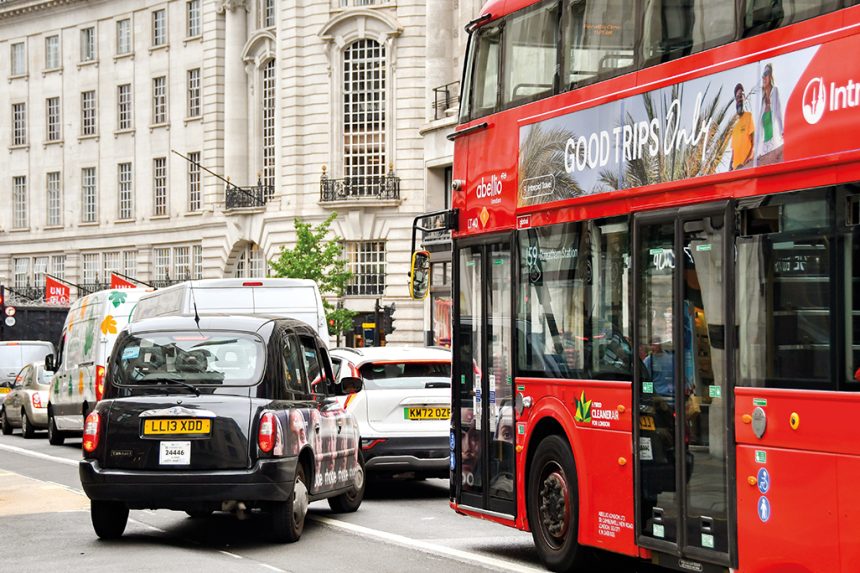A couple of columns back, I wrote about what it’s like to operate buses in London, adding that I’d share some thoughts on the bus market in the capital more broadly in a future piece.
This is topical, of course, with several areas in the process of introducing their own version of a franchised network and the government legislating to make franchising easier.
Bus operators in London have been struggling financially over the last couple of years due to a “triple whammy” of factors.
Firstly, in common with the rest of the UK, there was a big shortage of drivers in the wake of the pandemic, which led — for a while at least — to large financial penalties.
Operators couldn’t afford to substantially increase wages in response as they were locked into long-term contracts with, undoubtedly, different wage assumptions — but in the end couldn’t afford not to.
This high wage inflation, coupled with unprecedented general inflation, takes us onto the second factor — a mechanism for increasing contract prices that didn’t reflect the unique inflationary environment.
While costs such as wages can go up substantially overnight, contract prices are only inflated once per year and, even then, often only by a proportion of an average figure, meaning that cost increases are both unmet and subject to a time lag.
The third challenge has been the substantial deterioration of road conditions due to more numerous and disruptive roadworks, the loss of road space to other purposes, and the reduction of resource in London boroughs to manage this.
For operators, this deteriorating operating environment means incentive payments have turned into penalties and, while these are only a relatively small proportion of financial turnover, in a world where margins are slim, they are a big proportion of profit or loss.
While all these are problems for operators, and we have to accept some risk, they end up being a problem for everyone.
Transport for London (TfL) now faces substantial contract price inflation as operators incorporate these revised risks into their bids.
In my view, at least some of this could have been mitigated by agreement to revise the contractual factors at play so that the risks of downsides (and any upsides) are better shared.
The lesson here for contracting authorities is that even decades-old mechanisms such as those in London can be found wanting and need constant and honest evaluation by all concerned.
TfL is also facing a revenue challenge. As bus speeds slow year by year, that is reflected in customer numbers, and consequently revenue.
There’s been tendering in London for more than 30 years but, while TfL is a major player in traffic management, there are a plethora of other entities involved, and bus prioritisation just isn’t sufficiently widespread or effective.
Again, something for other areas introducing or considering franchising to ponder.
Finally, there’s the customer, faced with a network that is deteriorating in punctuality and speed along with mitigations that too often don’t help the travelling experience, along with worries about the impact of all the foregoing on the network size and shape over time.
There’s much else that space precludes me from writing about — the achingly slow pace of change when routes need amending, the undoubted cost of additional bureaucracy, the virtual disappearance from the London bus scene of SMEs, for example.
There are of course positives too: TfL’s bus directorate is full of clever and dedicated people who want to improve things and there have been many initiatives and innovations in London that have benefited the whole industry, with good work and discussions ongoing.
Ultimately, in London and elsewhere, authorities choosing the franchising route need to acknowledge that no system, whether new or established, is a magic wand to delivering for the customer.
It takes money, yes, but it also takes care and thought about how the contract features, change mechanisms, and incentives and penalties all work and interact.
To protect the customer actually also means making sure operators’ and authorities’ interests are accounted for too — and the Confederation of Passenger Transport has a role in helping all parties find and design a way that best suits each area and its priorities.

























